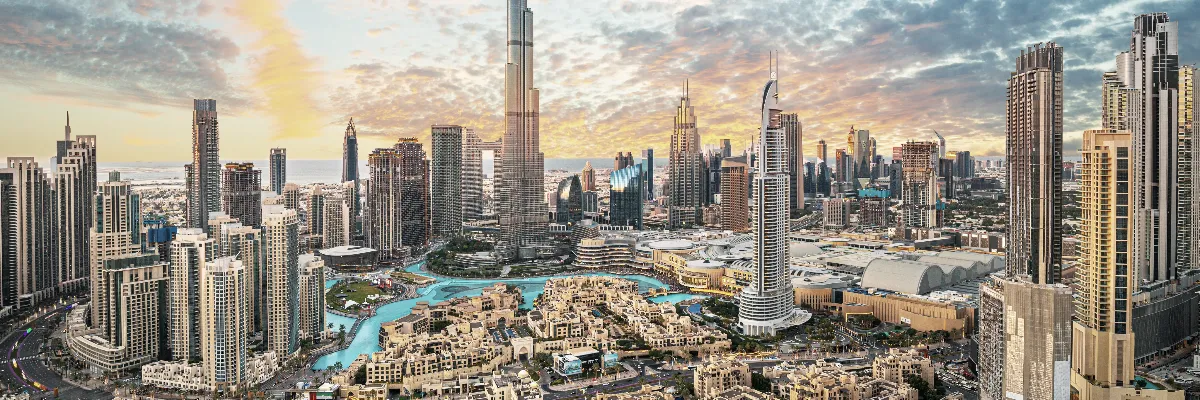UAE plans to develop a national investment strategy
The UAE is creating a national investment strategy to unify emirate policies and boost investments. In 2022, the UAE attracted USD 23 billion in FDI, aiming for USD 150 billion by 2031 through policies like 100% foreign ownership and flexible visas.

The United Arab Emirates (UAE) is working to develop a national investment strategy as it contends with growing economic competition from neighbouring countries, according to recently appointed Minister of Investment Mohamed Al Suwaidi.
The new Ministry, set up in July, is intended to bring the investment policies of individual emirates together into a unified strategy that will help the Arab world’s second-largest economy boost its inward and outward investment flows. It is also mandated to assist UAE-based companies to expand into bigger markets and establish a global presence.
“Each of the emirates has historically its own strategy, so what is the UAE strategy as opposed to the local government strategies and how can we bring them together into a single unified strategy? That’s really what we’re going to focus on going forward,” Al Suwaidi told delegates at the Milken Institute’s Middle East and Africa Summit in Abu Dhabi.
The UAE presents a compelling opportunity for inbound investments with the country’s economy growing at an average of 7% over the past decade and with the non-oil economy now accounting for more than 70% of GDP. Trade and logistics, financial services, manufacturing and tourism are now key economic sectors.
There has been an influx of foreign capital into the Dubai International Financial Centre (DIFC) and the Abu Dhabi Global Market (ADGM), while the privatisation drive of state-owned enterprises has also opened new avenues of investment.
Foreign direct investment (FDI) flows into the UAE rose 10% in 2022 from the previous year to a record USD23 billion, according to the United Nations Conference on Trade and Development (UNCTAD) World Investment Report 2023.
The UAE, the Arab world’s second-biggest economy, attracted around 60% of total FDI into the six-member Gulf Cooperation Council (GCC) bloc, which more than doubled to USD37 billion, UNCTAD said.
The UNCTAD report said the UAE attracted the fourth-highest number of greenfield projects in the world last year at 997, an 84% annual increase. The UAE was also ranked 15th globally in terms of FDI outflows with USD25 billion in outward investments last year, up 10% on the previous year.
As part of its diversification strategy, the UAE has set an ambitious target of attracting AED550 billion (USD150 billion) in foreign investment by 2031 to rank among the top 10 FDI countries globally. Several recent policy initiatives have supported this target, including allowing 100% foreign ownership of companies to more flexible visa programmes to help attract more capital and talent to the country.
Al Suwaidi, who is also the chief executive of one of Abu Dhabi’s biggest sovereign wealth funds ADQ, said the new ministry’s role would not be that of a regulator or a policymaker. It would instead advocate for UAE companies to tap new markets globally and grow opportunities for foreign investment.
“The UAE continues to experience investment growth as a result of the country’s efforts to become more economically diverse and focus expansion into non-oil sectors,” said Simon Gordon, Managing Director of Sovereign Middle East
